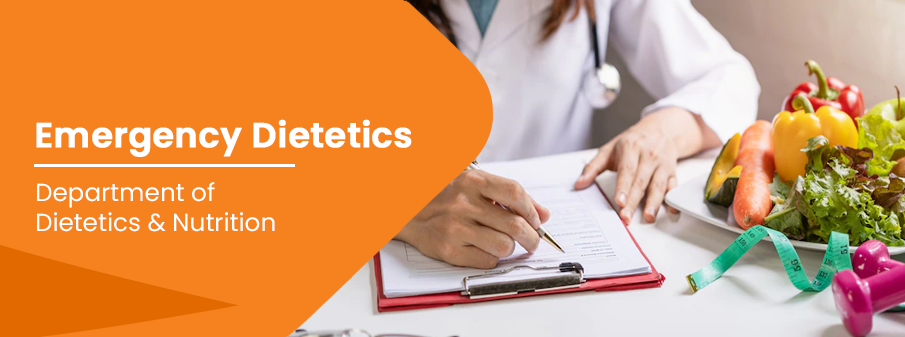Dietetics is the study of the relationship between food and health. Dietitians are healthcare professionals who are trained to provide expert advice on diet and nutrition. They work with individuals and groups to promote healthy eating habits and prevent chronic diseases, such as obesity, type 2 diabetes, and heart disease.
Dietitians use their knowledge of nutrition science to create individualized meal plans and provide nutrition counseling to help people make healthy food choices. They may work with people of all ages, including children, adults, and the elderly, and may specialize in areas such as sports nutrition, geriatric nutrition, and eating disorders.
Dietitians may work in a variety of settings, including hospitals, clinics, nursing homes, schools, and wellness centers. They may also work in the food industry, such as in product development or food service management.
To become a dietitian, individuals must complete a bachelor’s degree in dietetics or a related field, complete an accredited dietetic internship, and pass a national exam.
These are just a few examples of situations in which it may be helpful to see a dietitian. If you have concerns about your diet or nutrition, it is always a good idea to speak with a healthcare professional, such as a dietitian or your primary care doctor.




